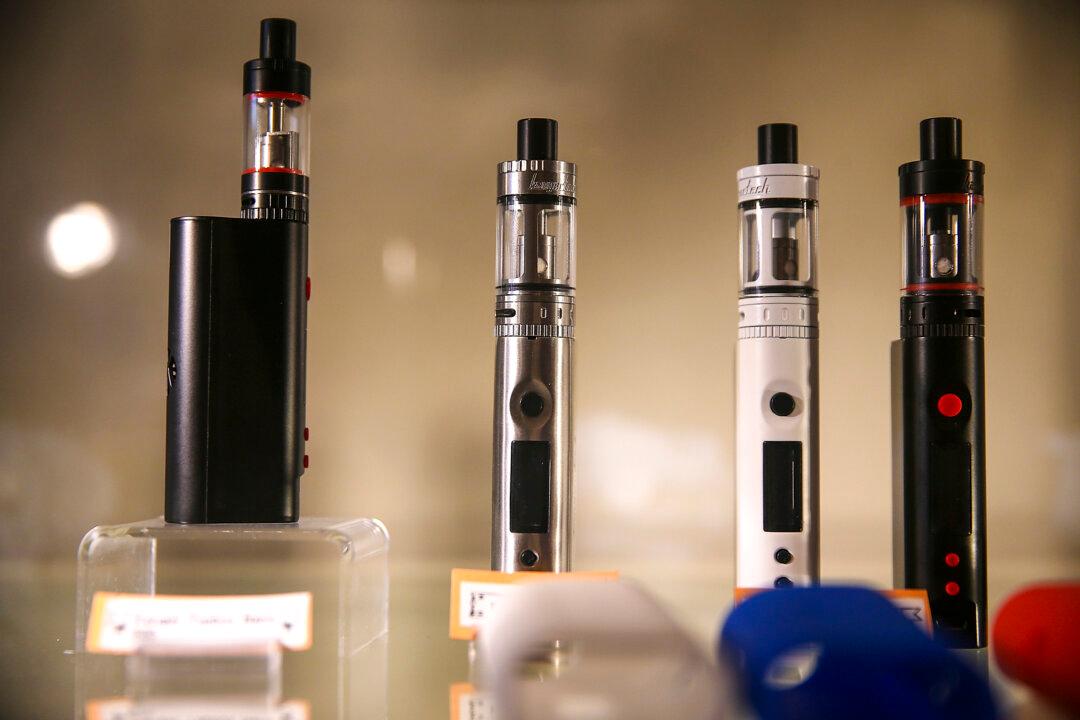The U.S. Supreme Court is expected to hear oral argument on Dec. 2 over the Food and Drug Administration’s (FDA) decision to reject two companies’ request for authorization to market various vape flavors.
FDA v. Wages and White Lion Investments is one of multiple cases related to e-cigarettes to make it to the Supreme Court this term and raises questions about the impact of products like flavored vaping liquid on public health, particularly for minors.





